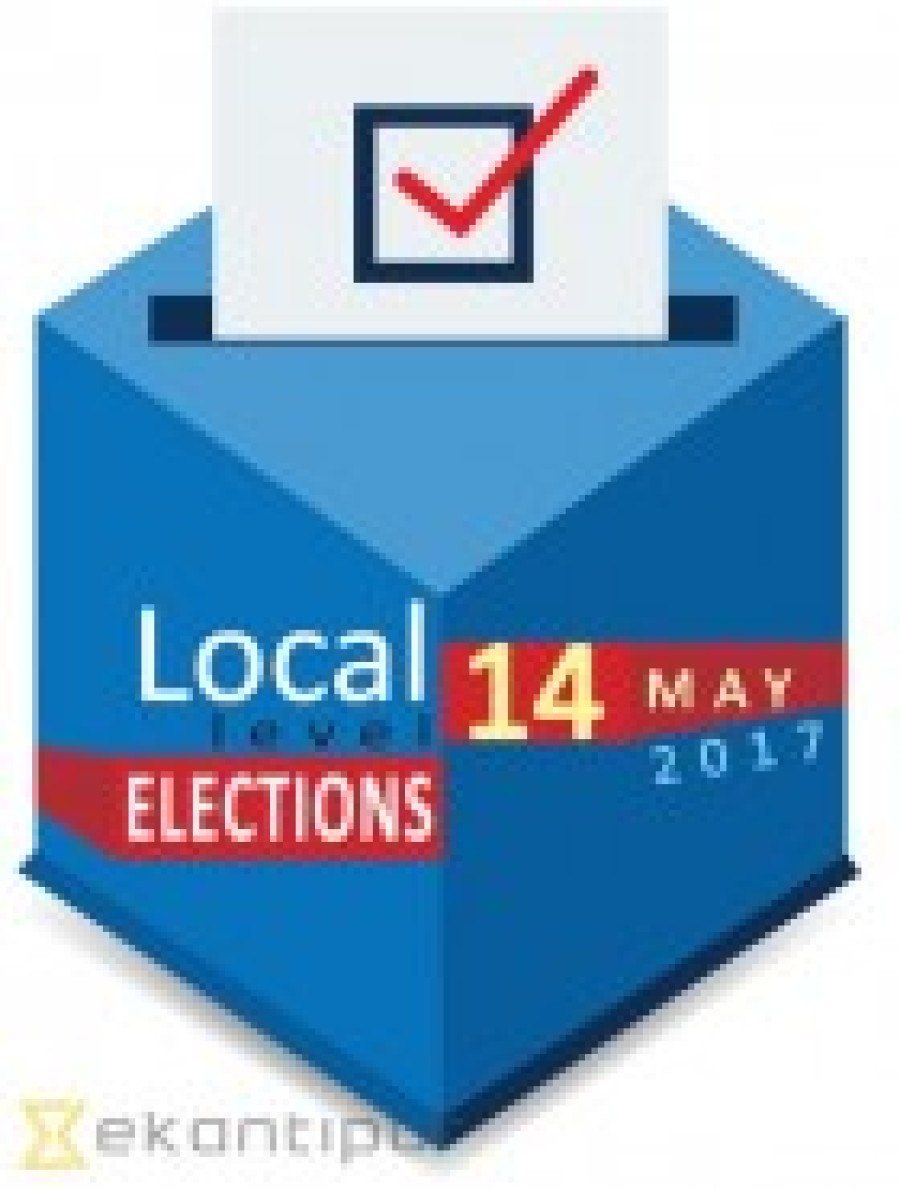Miscellaneous
NHRC concerned about travel arrangement for elderly, differently abled
The National Human Rights Commission (NHRC) has expressed concern about the problems the elderly and people with disabilities could face while reaching polling centres to cast their votes on Sunday when public vehicles will stay off the roads and only those two-wheelers and four-wheelers with passes can ply the streets.
Prithvi Man Shrestha
The National Human Rights Commission (NHRC) has expressed concern about the problems the elderly and people with disabilities could face while reaching polling centres to cast their votes on Sunday when public vehicles will stay off the roads and only those two-wheelers and four-wheelers with passes can ply the streets.
According to Census 2011, there are a total of 418, 706 elderly people aged 70 or above across the country and the number of people with disabilities stands at 513,321. Of the total number of people with disabilities, 186,457 are physically disabled.
Voting for the first phase of local elections in 34 districts of three provinces—3, 4 and 6—will take place from 10am to 5pm on Sunday and these areas also have a sizeable population of the elderly and people with disabilities.
NHRC Chairperson Anup Raj Sharma said at a press meet on Tuesday that the rights body has enquired with the Election Commission (EC) about the travel arrangement for the elderly and people with disabilities on the day of voting.
According to EC officials, the poll body has not made any special travel arrangement for the elderly and people with disabilities.
“We expect them to reach polling centres with the help of vehicles used by the candidates,” said a senior EC official.
“There are so many candidates in each local units and travelling should not be a big problem for the persons concerned,” the official added.
However, when asked whether candidates giving a ride to voters would be a breach of poll code of conduct, EC Spokesperson Surya Sharma said: “It’s not that candidates cannot even touch the voters. But the most preferred way would be family members help the elderly and people with disabilities reach the polling centres to cast votes.”




 9.6°C Kathmandu
9.6°C Kathmandu










